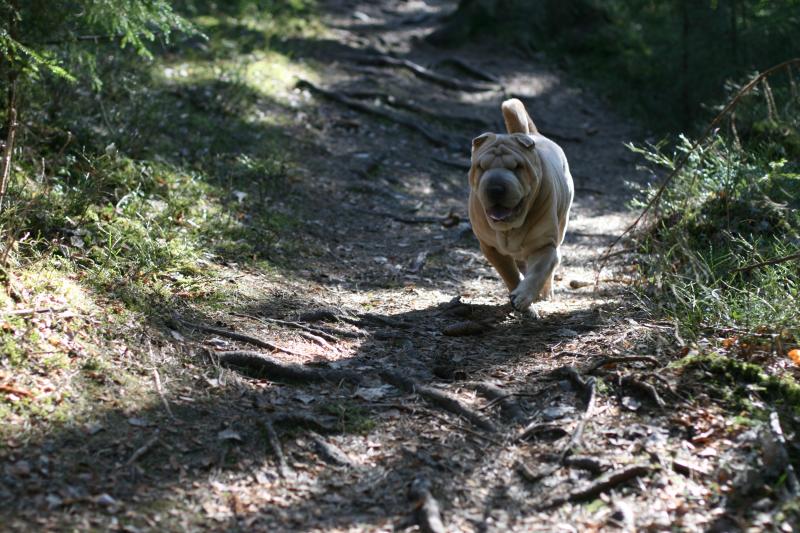Veterinarian warns about dangers of parvovirus
A dangerous outbreak that can prove deadly to dogs has been reported on the South Coast, and Marion Animal Hospital veterinarian Dr. Rachel Francis wants pet owners to beware.
Parvovirus destroy dogs’ intestines and their red blood cell counts, said Francis. With a 30 to 70 percent mortality rate, the virus can prove fatal for unvaccinated dogs.
“Puppies and old dogs have been getting the sickest,” Francis said. “If your dog hasn’t had the vaccine in a few years, call and see if it needs to be updated.”
Middleboro is the sight of the nearest outbreak, said Francis, but dangers can be anywhere for a dog that doesn’t have the vaccine.
Outside, the virus can last one to seven months, and is highly contagious. Foxes and coyotes are known to carry the disease, and other carnivores may also be able to transmit it, said Francis.
“Anyone walking around with a sick puppy is putting that virus everywhere,” she said. “I say never take your dogs to Petco, especially puppies. Do not take your puppy to a dog park until they’ve had their full vaccines.”
Infected dogs begin to show signs of parvo seven to 10 days from contact, and often die 24 to 48 hours later, said Francis.
“If they get treatment, they can sometimes last a week or so,” she said.
The first signs of infection are that dogs stop eating and get very tired. Next, said Francis, they will drink a lot of water but later won’t be able to keep it down.
“Once they start vomiting, at that point, the virus has gone systemic and is usually attacking the bone marrow,” Francis explained. Dogs decline rapidly after this point.
The increase in cases may stem from owners not getting vaccines for their pets as well as the amount of rain this season.
But there is good news. Francis has not seen any parvo cases at her clinic this summer, and the vaccine is very effective.
Puppies can be immunized from around eight weeks old, said the doctor. She added that some breeds do not respond to vaccines as quickly as others, so owners should check with their vet before venturing into areas that might have the virus.
For those wishing to opt out of vaccines, veterinarians can do a blood test to check an animals’ immune system.
The cost of a vaccine is considerably less expensive than treating parvo.
At Marion Animal Hospital, vaccines are $22 each (some dogs may require a series of two), while treatment is $1,200 to $2,000. Francis said she can't make any promises on how well medicine will work on an infected dog.
“If you’ve seen a case of parvovirus, you don’t ever want that to happen to a dog,” said Francis. “It’s very preventable.”
For more information, Francis recommends the site, Veterinary Partner. Links and more information on pet health can also be found at the Marion Animal Hospital's website: www.marionanimalhospital.com.















